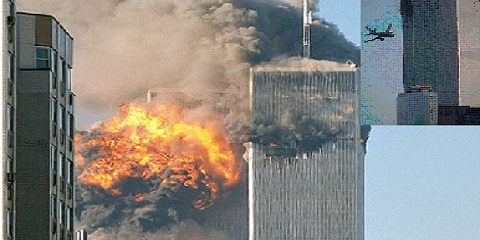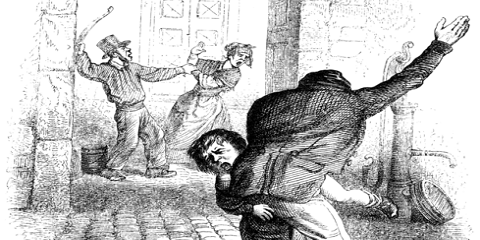Reynold Nicholson the late professor of Islamic Studies at Cambridge University once said of Rumi that he was “perhaps the greatest mystical poet of any language.” While one might legitimately contest the sweeping nature of his claim, Nicholson’s assessment reflected the hypnotic power which the creative genius of the Persian mystic’s poetry has wielded on those who have studied it in any depth. In Nicholson’s own case, the assessment was based on a lifetime of research, having spent the last 40 years of his life translating his works into English. The aim of our lecture will be to explore one particular aspect of Rumi’s thought: his understanding of the relation between matter and spirit, or “form” and “meaning,” and the relation of these two realms to the existential predicament of the human being. Stranded in between the “wings of an angel and the tail of a donkey,” to use Rumi’s own words, the human being is pulled simultaneously by his own higher, angelic, divine nature as well as his lower bestial, creaturely, and material form. Caught in between body and spirit, form and meaning, Heaven and Earth, the first step towards liberation lies in recognizing the dual nature of the human being.


Dr. Atif Khalil is an Associate Professor at the University of Lethbridge's Department of Religious Studies where he teaches courses on Islamic theology, mysticism, art and world religions. His main area of research lies in Sufi thought, with secondary interests in comparative mysticism, inter-religious relations and medieval philosophy. His articles have appeared in Studies in Religion, the Journal of Islam & Christian-Muslim Relations, Sacred Web, the Oxford Journal of Islamic Studies, Philosophy East and West, and the Muslim World. He is also the author of the forthcoming book, Repentance and the Return to God in Early Sufism. In the summer of 2016, he is scheduled to hold the Ken'an Rifai Distinguished Professorship of Islamic Studies at the Institute for Advanced Humanistic Studies at Peking University in China.